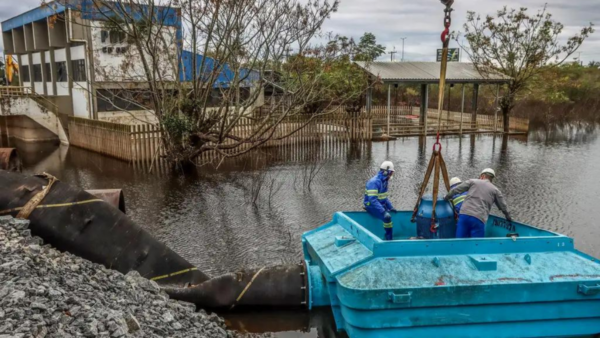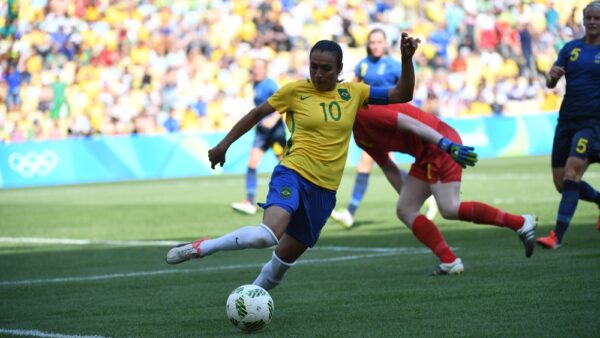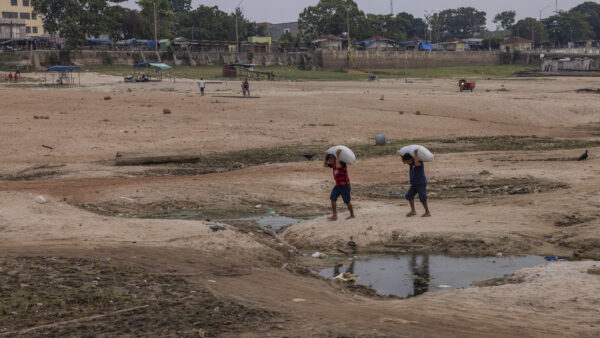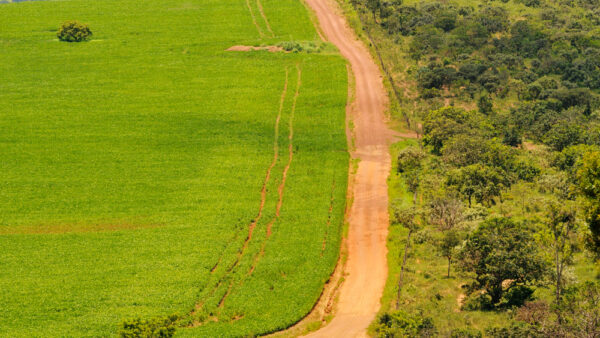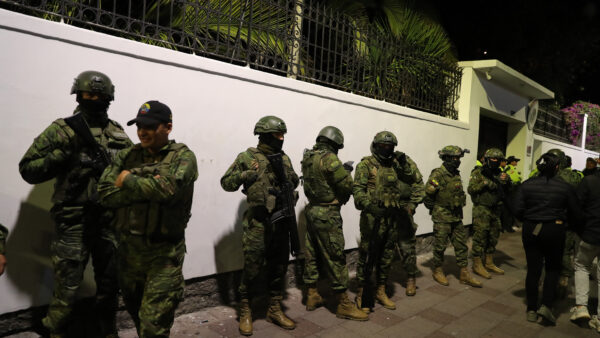Fresh data from pollster Datafolha shows a slight improvement in President Luiz Inácio Lula da Silva’s popularity — his approval ratings were up by one percentage point since March, while rejection against him was down by the same margin.
While both variations fall within the poll’s margin of error (±2 points), the numbers suggest that the administration is no longer bleeding support as it did in recent months, with multiple pollsters showing a deterioration in presidential popularity.
Perceptions about the economy also remain mostly stable. Forty percent of voters said the economy would improve, compared to 28 percent who predicted it would worsen. In March, the numbers were 39 percent and 32 percent, respectively.
Younger voters, people with less schooling and residents of the Northeastern states — all of them leaning towards the Workers’ Party — were more optimistic about the economy than average.
Markets, meanwhile, are growing bearish about Brazil. The median forecasts for the year-end benchmark interest rate and inflation index have worsened, as has the projection for the country’s economic growth in 2024. Markets believe the Selic rate will close the year at the current 10.5 percent — up from 10.25 percent a week ago. Investors have also slightly lowered their expectations for the GDP, from an expected growth rate of 2.09 to 2.08 percent.
The May floods in Brazil’s southernmost state, Rio Grande do Sul, do not seem to have affected voters’ perceptions of the administration, even in the three southern states. The administration performed similarly to the last poll.
Datafolha interviewed 2,008 people in 113 cities from June 4 to 13.
Lula’s current approval ratings are on par with where he stood in 2004 — one and a half years into his first term in office (2003-2006). After a commodity boom boosted the economy, Lula’s standing with voters improved, he won re-election, and became the most popular leader in Brazilian democratic history.


 Search
Search


